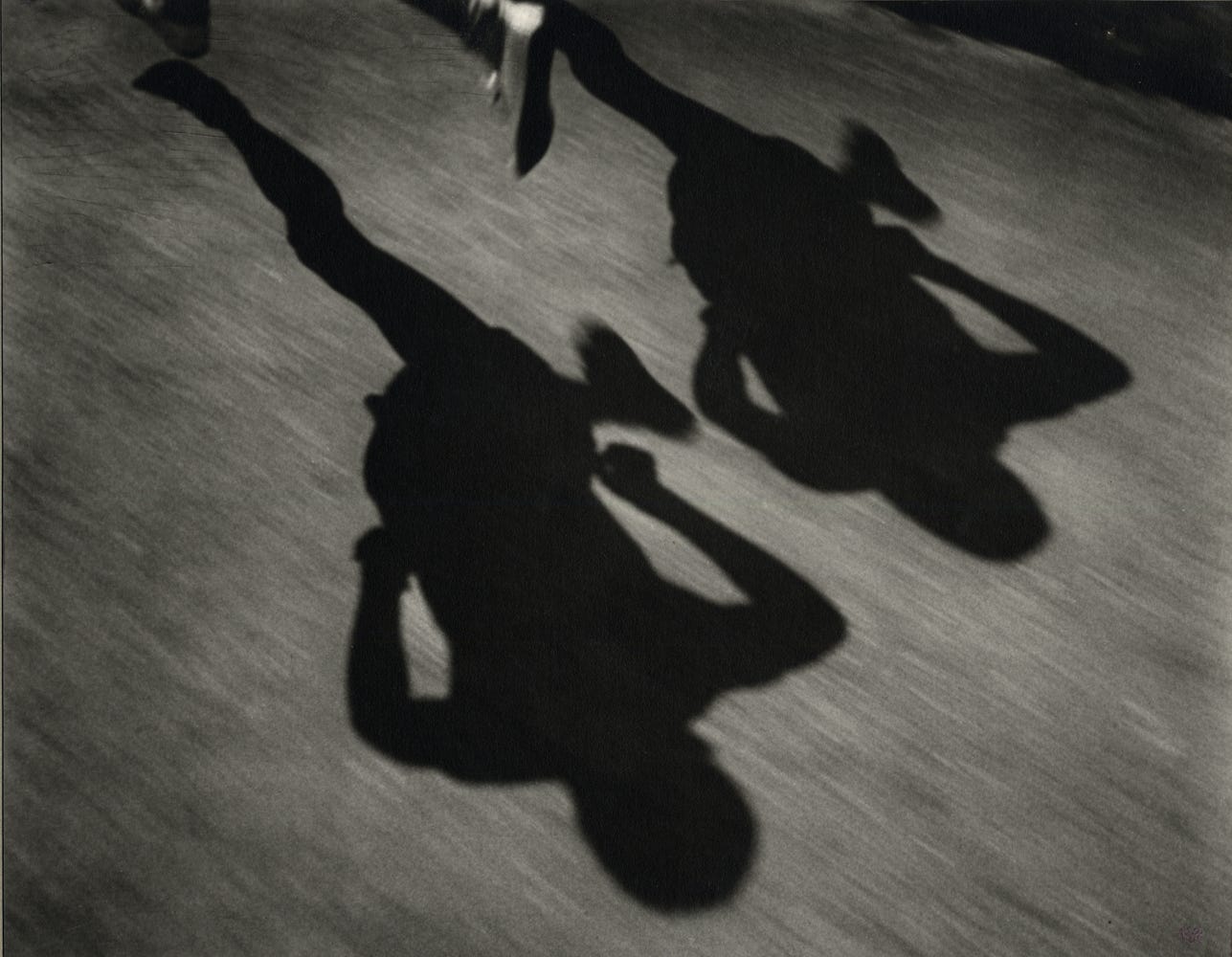Or is it both?
The XXXIII Summer Olympics are underway, with France hosting in Paris. The modern version of the games has been held every four years since 1896, with significant interruptions due to world wars, the Cold War, and most recently, the pandemic. Each year, they have been broadcast to audiences worldwide through newsprint, radio, film, and television. One particular Olympics fundamentally changed how the event is viewed: the 1936 games in Berlin, and the eleventh Summer Olympics, often referred to as Hitler’s Olympics. The controversy of an event held on the eve of a world war and hosted by Adolf Hitler is palpable.
This brings us to Leni Riefenstahl.
Leni Riefenstahl
Leni Riefenstahl (1902-2003) was a prominent German filmmaker, best known for her work on the film "Olympia" and the controversial "Triumph of the Will" (1935). "Triumph of the Will" documents the 1934 Nuremberg Rally, where Adolf Hitler was introduced as the new democratically elected leader of Germany.
Born in Berlin in 1902, Riefenstahl lived to be just over 100 years old. During some of those years, she worked for the Third Reich as an officially chosen filmmaker, making her both a documentary filmmaker and a person who served the Nazi Party propaganda machine. While I cannot speak for Riefenstahl, it is a fact that she made films for the Nazi party, and her films are known to be held in high regard for their aesthetics. In her own words, Riefenstahl defended her work, saying, “It is history. A pure historical film.” (BBC) It is enough to say that Riefenstahl’s work is controversial, providing a rich ground to explore the difference between propaganda, documentary, and possibly reporting (the news).
An interesting way to begin exploring "Olympia" is by encouraging students to discuss what they know about the film and the key concepts of documentary and propaganda. Initially, students may take binary positions on the film's nature. However, after discussion and exploration, they often reconsider and introduce more nuanced arguments about whether the film is purely one or the other.
So, the question remains: Is Leni Riefenstahl’s work documentary or propaganda?
Filmmaker intentions
Exploring "Olympia" may open up more questions than it answers. One thing it will certainly do in the classroom is highlight how intentions (regardless of what a director may claim) are met and questioned. This is an important concept for students to grasp as they engage as critical viewers and begin crafting films of their own.
Discussion - Identifying inherent bias
Students discuss in groups how their backgrounds and beliefs might influence their interpretation of the film.
Documentary, Propaganda, or the News
Documentary: A film dedicated to factual storytelling, capturing reality as it is. However, the lens often adds its subtle perspective, introducing inherent bias.
Propaganda: More than just bias, it is the strategic crafting of a narrative to shape ideology and influence the masses, potentially leaving a deeper imprint than can be measured.
Reporting the News: In 1936, "Olympia" might have also been viewed as a newsreel. Before television, people attended the cinema to watch newsreels that updated them on global events. This can be linked to the current Olympic coverage.
Discussion - What is what?
Students continue to discuss in groups how their backgrounds and beliefs might influence their interpretation of the film.
Art or Ideology?
Aesthetics play a significant role in how Riefenstahl’s work appeals to viewers. She had a sense of beauty evident in her work, impressing the viewer's senses. There are many questions about how perceptions of beauty influence our acceptance of them. Riefenstahl’s use of aesthetics - through camera angles, slow motion, and the rhythmic composition of scenes - enhances both the artistic quality and the persuasive power of the film.
Questions to Consider:
Does the beauty of the imagery in "Olympia" distract from its potential as a propaganda tool?
How do aesthetics influence our perception of truth and bias?
On a More Personal Note:
Think about a recent film you watched.
Were there moments when you felt the film was trying to influence your opinion?
Fact, Truth, and Bias
As we explore "Olympia” we are reminded that every film, regardless of its label, is a blend of fact, artistic vision, and inevitable bias. Our challenge as critical viewers and filmmakers is to discern these layers and understand their interplay.
I hope your classroom discussions are rich, controversial, and provocative and the students are vocal in their positions as they shift and change throughout exploring these ideas.
Barber, Nicholas. “How Leni Riefenstahl Shaped the Way We See the Olympics.” www.bbc.com, 10 Aug. 2016, www.bbc.com/culture/article/20160810-how-leni-riefenstahl-shaped-the-way-we-see-the-olympics.
*A note on dates. The Berlin Summer Olympics were played in 1936, the film was released on 20 April 1938 (which just happened to be Hitler’s birthday).






When it comes to propaganda, the current games in Paris far surpass those of 1938 ;)